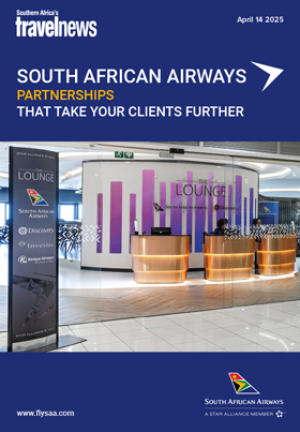As the world moves towards implementing stricter compensation policies for passengers for airline delays and cancellations, South African passengers are most often left to the mercy of the country’s negligible legislation.
The United States and Canada have recently implemented legislation that makes it easier for passengers to receive prompt and full compensation for airline delays and cancellations. The US made it mandatory in April for airlines to compensate passengers the full cost of their ticket in cash within seven days of the cancellation. Canada implemented a consumer protection framework in October, making it easier for passengers to get compensation from airlines.
According to CBC, two airlines in Canada opposing this ruling argued that the new rules conflict with the rules for passenger compensation set out in the Montreal Convention.
The Montreal Convention, an IATA document applicable to all IATA members, states that the airline is not required to compensate passengers if a delay is caused by a safety issue, such as a technical fault, or if the delay or cancellation is outside of the airline’s control.
In these cases, according to the IATA resolution on consumer protection signed at the 69th AGM in Cape Town, “governments should allow market forces to determine the care and assistance available to passengers.” This means that if the airline is not liable for a delay or cancellation under the rules of IATA, it falls to the government to determine the compensation or assistance given, if any.
Local loopholes
According to advocate Louis Nel, South Africans do not enjoy the same level of protection as areas such as the US, Canada and Europe. “We are protected by the Consumer Protection Act (CPA) but ‘protected’ in parenthesis. So there is protection but it would be dangerous for travellers to perceive comfort from the CPA with regard to delayed flights,” he said.
“When the CPA saw the light of day some 15 years ago, frequent flyers got excited and thought it would provide similar rights to the overseas legislation but sadly, that has not come to fruition and it does not seem that there is a light at the end of the tunnel,” said Nel.
Nel explained that two provisions of the CPA apply to this situation. Section 47 deals with over-selling and over-booking.
Over-selling by airlines is an international phenomenon, but according to the CPA, if an airline fails to honour its commitment due to insufficient capacity, it must reimburse whatever was paid by the consumer.
“Don’t get too excited, as there is a back door available to the supplier,” said Nel. The airline does not have to pay these costs if the insufficient capacity was caused by circumstances beyond the airline's control and it took reasonable steps to advise the consumer as soon as it was made aware of the issue.
Section 17 of the CPA deals, on the other hand, with customer cancellations. It says consumers are entitled to cancel an advanced booking or regulation and that the airline is entitled to supply a ‘reasonable charge’.
“Whether or not such charge is in fact reasonable is measured by the nature of the service that was reserved, the length of notice given by the passenger, the potential for the airline to find an alternative customer and the general practice of the industry,” he explained.
“Any disgruntled consumer can always address the matter to the Consumer Commissioner or the Consumer Goods and Services Ombudsman,” said Nel.
The rules for SA travellers outside SA
“Airlines in the EU provide compensation if the arrival time is more than three hours after the scheduled arrival time,” explained Nel.
Nel explained that the European Union has much more extensive protection for passengers in the case of delays. And there are circumstances when South Africans can benefit from this protection. European compensation and reimbursement rules apply to foreign travellers if the flight in question is within the EU, between two EU destinations, if the flight arrives in the EU from another country but is operated by an EU airline and if the flight departs from the EU.
To be able to claim European compensation for airline delays and cancellations, passengers need to have checked in for this flight on time, but this compensation is available for all passengers, whether they have booked directly or through a travel agent.
From January 2021, these EU rules on air passenger rights no longer apply to cases of denied boarding, cancellations or delays for flights from the UK to the EU if the flight is operated by a UK, or non-EU, carrier.















